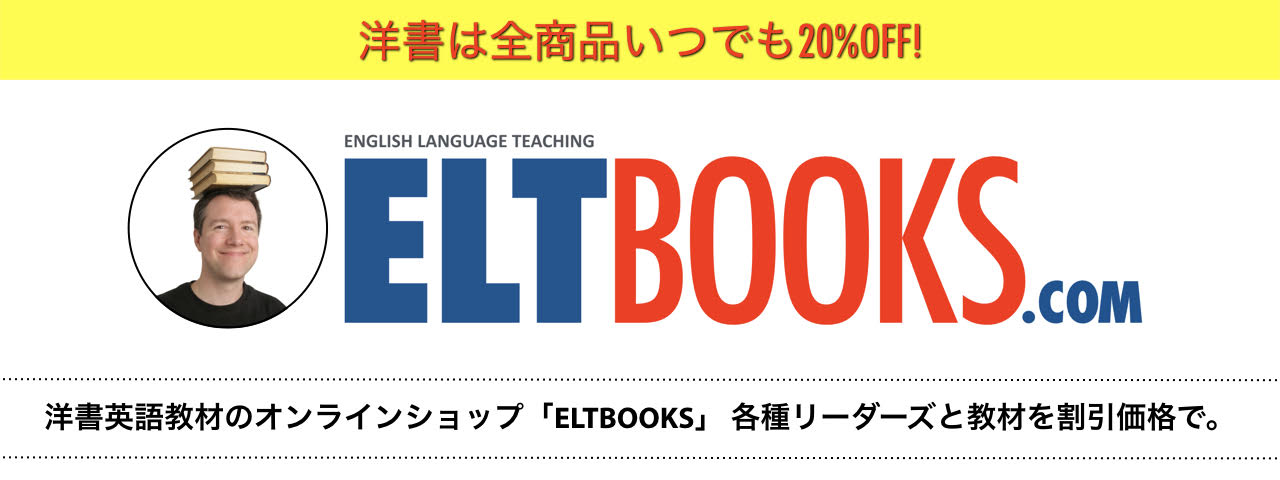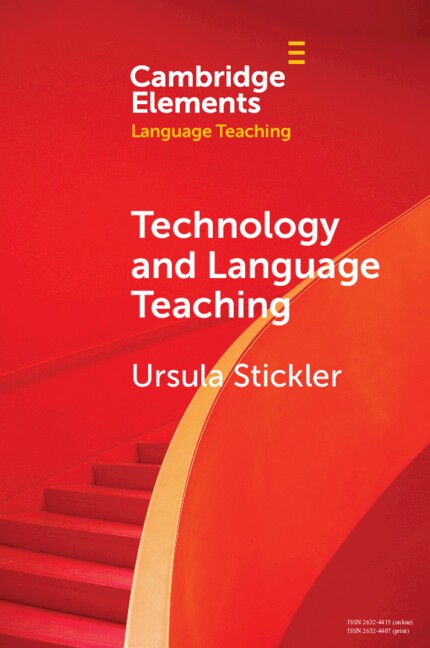Home >
Cambridge Elements in Language Teaching >
Technology and Language Teaching (Paperback)
Cambridge Elements in Language Teaching
Technology and Language Teaching (Paperback)
ISBN: 9781108812795
Series: Cambridge Elements in Language Teaching
Technology and Language Teaching (Paperback)
Cambridge Elements in Language Teaching Technology and Language Teaching (Paperback) メディア > 書籍 > ノンフィクション > 言語学習書 Now available| ご注文はこちら |
ISBN
9781108812795 (旧規格ISBN: 1108812791)
- 説明
- シリーズの説明
This Element is a practical guide for language teachers intending to upgrade their online teaching. During the COVID-19 pandemic many teachers were forced to move their teaching online without proper preparation and support. This has led to frustration and stress, and sometimes decisions based not on sound pedagogy but on technological constraints, requirements and opportunities. To balance this negative experience, a research-based, pedagogy-focussed approach has been taken in this volume: step-by-step, teachers are shown how to make decisions about the choice and usage of online tools, how to adapt their pedagogy and teaching strategies to fit with online learning environments, and how to create a positive learning experience for their students. In six sections this Element takes teachers from epistemological considerations to learning theories, from teacher-centred to learner-centred online tuition, and from technological needs to pedagogic choice, ending with suggestions on how to future-proof language teaching.
Language teaching as a field of study straddles the disciplines of education and applied linguistics (and at times other disciplines such as applied psychology and applied sociology). As societies have become increasingly mobile, language teaching practices have changed to keep pace with changing learners’ needs. Globalisation has led to dramatic changes in language pedagogies, both in terms of the rise of global lingua franca such as English, Spanish, Chinese, and Arabic, as well as issues surrounding language teaching in immigrant communities.
As language teaching has developed as a distinct academic field, some scholars have observed a widening gap between researchers and practitioners, accompanied by limited exposure to research by teachers, and a disconnect between professional and academic publications. This elements series aims to close this gap by allying research with language teaching practices, in its exploration of research-informed pedagogy, and pedagogy-informed research. The series builds upon a rich history of pedagogical research in its exploration of new insights within the field of language teaching.
As language teaching has developed as a distinct academic field, some scholars have observed a widening gap between researchers and practitioners, accompanied by limited exposure to research by teachers, and a disconnect between professional and academic publications. This elements series aims to close this gap by allying research with language teaching practices, in its exploration of research-informed pedagogy, and pedagogy-informed research. The series builds upon a rich history of pedagogical research in its exploration of new insights within the field of language teaching.
This Element is a practical guide for language teachers intending to upgrade their online teaching. During the COVID-19 pandemic many teachers were forced to move their teaching online without proper preparation and support. This has led to frustration and stress, and sometimes decisions based not on sound pedagogy but on technological constraints, requirements and opportunities. To balance this negative experience, a research-based, pedagogy-focussed approach has been taken in this volume: step-by-step, teachers are shown how to make decisions about the choice and usage of online tools, how to adapt their pedagogy and teaching strategies to fit with online learning environments, and how to create a positive learning experience for their students. In six sections this Element takes teachers from epistemological considerations to learning theories, from teacher-centred to learner-centred online tuition, and from technological needs to pedagogic choice, ending with suggestions on how to future-proof language teaching.
As language teaching has developed as a distinct academic field, some scholars have observed a widening gap between researchers and practitioners, accompanied by limited exposure to research by teachers, and a disconnect between professional and academic publications. This elements series aims to close this gap by allying research with language teaching practices, in its exploration of research-informed pedagogy, and pedagogy-informed research. The series builds upon a rich history of pedagogical research in its exploration of new insights within the field of language teaching.
シリーズの説明
Language teaching as a field of study straddles the disciplines of education and applied linguistics (and at times other disciplines such as applied psychology and applied sociology). As societies have become increasingly mobile, language teaching practices have changed to keep pace with changing learners’ needs. Globalisation has led to dramatic changes in language pedagogies, both in terms of the rise of global lingua franca such as English, Spanish, Chinese, and Arabic, as well as issues surrounding language teaching in immigrant communities.As language teaching has developed as a distinct academic field, some scholars have observed a widening gap between researchers and practitioners, accompanied by limited exposure to research by teachers, and a disconnect between professional and academic publications. This elements series aims to close this gap by allying research with language teaching practices, in its exploration of research-informed pedagogy, and pedagogy-informed research. The series builds upon a rich history of pedagogical research in its exploration of new insights within the field of language teaching.
EASY ORDER FORM
表示価格が税込価格
価格(税抜):
3,630 円 2,904 円 ∼ 20% OFF!


